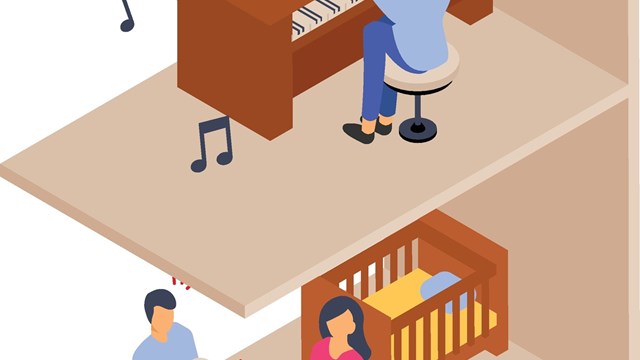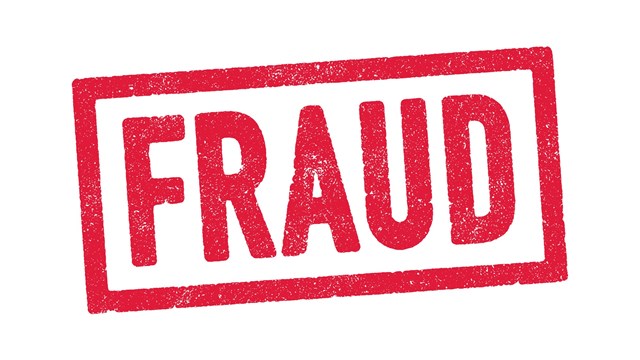Q I have a young toddler at home and my wife is a breast cancer survivor. For several years, our next-door neighbor’s chain-smoking home health nurse has filled up the hallway outside our apartment with smoke. The smell is so strong that it has activated the fire alarm behind our door. Our building’s rules clearly state that “unreasonable odors” are not permitted in the hallways, but our board president won’t enforce this house rule since this shareholder votes for him.
I have requested in writing on to see the board’s monthly minutes. The president refuses to let me see them, despite the fact that the rest of the board had no problem with it. Am I not entitled to see them during reasonable business hours? At a Meet the Candidatesmeeting in December, the president again refused out loud to allow me to view the minutes.
I have shareholder rights on paper, but when I try to exercise them, neither the managing agent nor the building’s lawyers will respond.
— Stonewalled on the Upper West Side
“However, you may have private recourse against your neighbor in the form of a suit for ‘nuisance’ in which you would seek injunctive relief requiring him to install appropriate venting or otherwise restrict their aide’s smoking.
“Moreover, a recent court decision has held that co-op boards’ may be held liable for damages (including abatement of maintenance) for breach of the Warranty of Habitability by virtue of their failure to act to curtail ‘second-hand smoke’ emanating from residents’ apartments. It should be noted that this decision has been issued by a lower court judge and is highly controversial. Accordingly, the decision is untested on appeal, and may not even be embraced by other lower court judges. Nevertheless, the decision is valid legal precedent at this time and may provide the basis for recourse against your cooperative.
“Business Corporation Law Section 624 only requires boards to provide minutes of shareholder meetings; there is no statutory requirement that minutes of board meetings be furnished to shareholders or other third parties, and such disclosure is not typically required under co-op bylaws or proprietary leases. However, courts have occasionally held that boards are required to provide shareholders with access to corporate records so they can assess the quality of the board’s stewardship of corporate affairs, and an argument can be made that you are entitled to inspect the board minutes under that theory.
“Of course, you always have the option of waiving a proxy battle to replace the board with a more responsive slate of directors at the next annual meeting.”







Leave a Comment